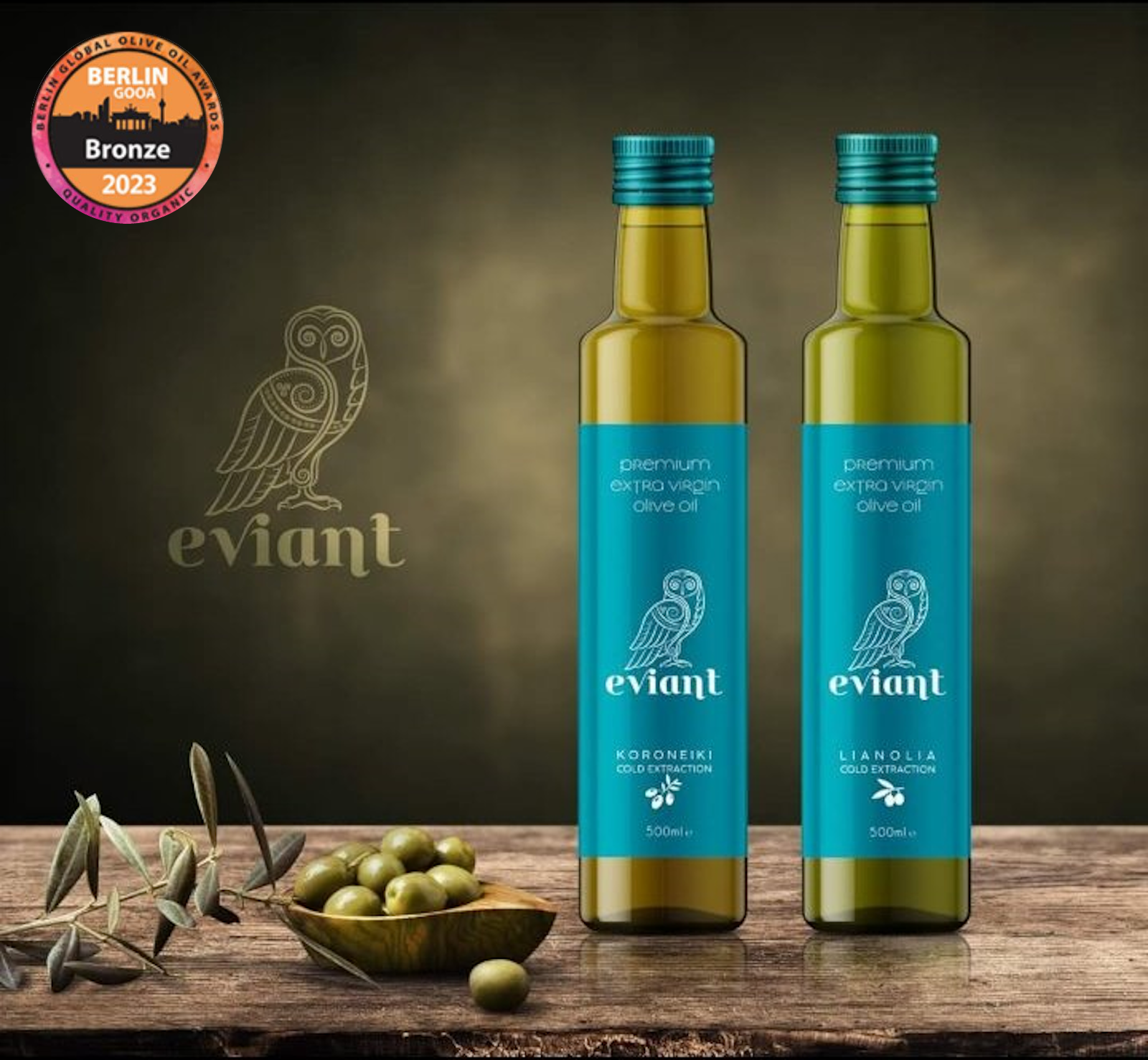
Organic olive oil is that which is produced with specific processes that are completely friendly to the environment and humans, in accordance with the clear and explicit regulations of the European Union on Organic Agriculture. This means, first of all, that the olives have been cultivated without chemical synthetic fertilizers, pesticides and herbicides. Contrary to popular belief, the decision on whether an olive oil is certified organic or not, begins with the processes in the field, but also depends on the operations in the olive oil mill and ends with the bottling process.
Regarding the regulatory framework, the process is generally as follows:
The producer needs to find a certification body and conclude a written contract. Organic Agriculture Product Control Organizations are private companies that have been approved by the state. These companies are paid by the producer and their job is to check and certify that all organic farming standards are indeed met. They achieve this, among other things, through scheduled and unannounced visits to the field, where they collect various soil or plant tissue samples. These samples are sent to the laboratory so that chemical analysis can reveal any traces of chemical interventions by the producer.
The competent state authority for the supervision of approved Control and Certification Organizations (CCOs) for organic farming products is ELGO DIMITRA.



